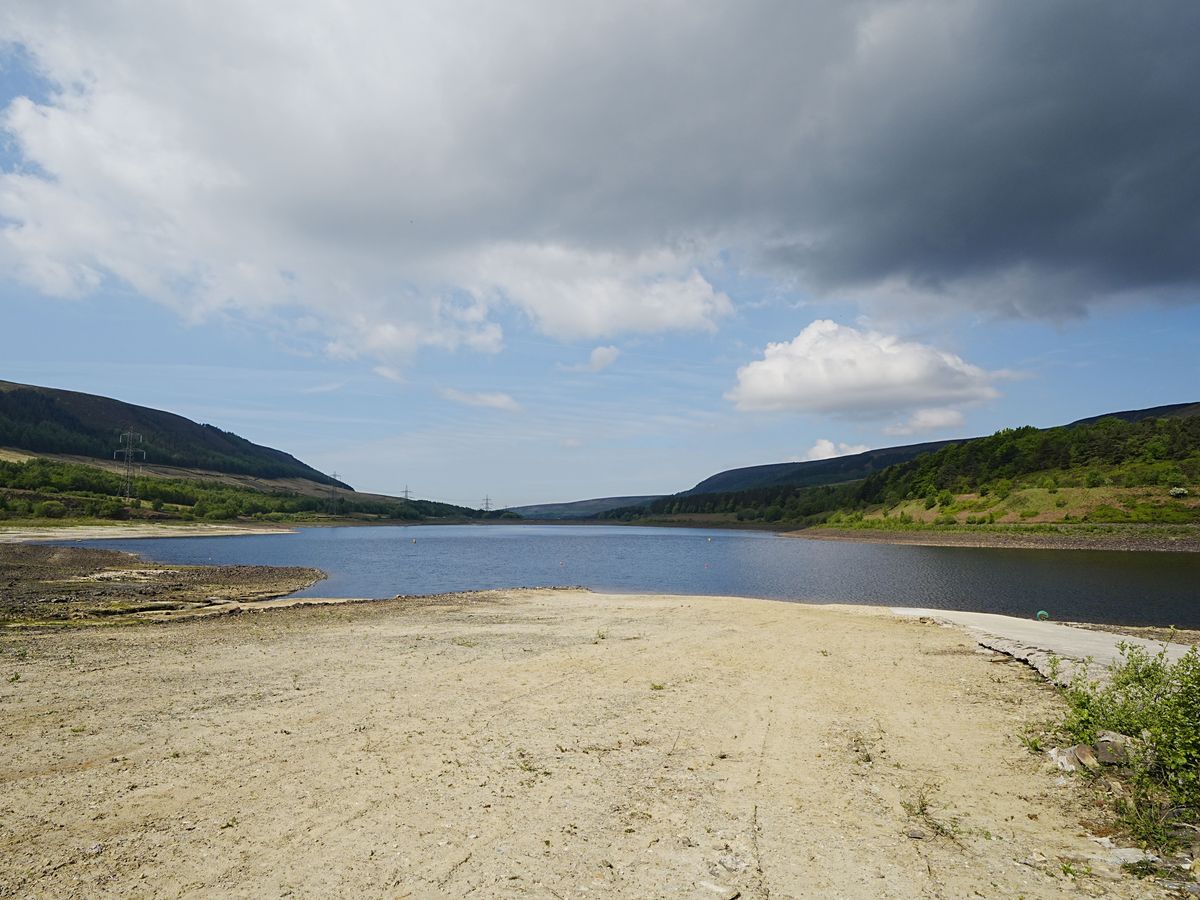Water Restrictions Loom as UK Experiences Historic Dry Spell

The UK is bracing for potential water restrictions as the country experiences one of its driest springs in nearly a century, with the Environment Agency issuing a 'medium' risk of drought this summer. The lack of sustained rainfall has raised alarms, particularly in England, where the driest start to spring in 61 years has been recorded. Despite no immediate hosepipe bans, water companies are on alert to implement measures to conserve water, highlighting the precarious balance between supply and demand.
Thames Water, serving 16 million customers, has been among the first to warn of possible restrictions if dry conditions persist. This comes after a stark contrast to the previous year's weather, which saw England endure its wettest 12 months, leading to severe flooding and agricultural challenges. The shift from extreme wet to dry conditions underscores the volatility of the UK's weather patterns and the growing impact of climate change.
Scotland and Northern Ireland are also facing unprecedented dry conditions, with rainfall levels hitting record lows not seen since the early and mid-20th century. The Met Office's analysis reveals Scotland's rainfall from January to May as the lowest since 1931, while Northern Ireland's figures are the driest since 1953. These statistics paint a concerning picture of the UK's water security, with experts linking the extremes to broader climate change trends.
The current dry spell, attributed to a persistent 'blocking high' pressure system, has been exacerbated by an amplified jet stream, trapping high pressure over the UK and preventing rain. While brief showers may offer temporary relief, the overarching forecast remains dry, with significant implications for water resources, agriculture, and ecosystems. As the UK navigates these challenges, the call for sustainable water management and climate resilience has never been more urgent.




